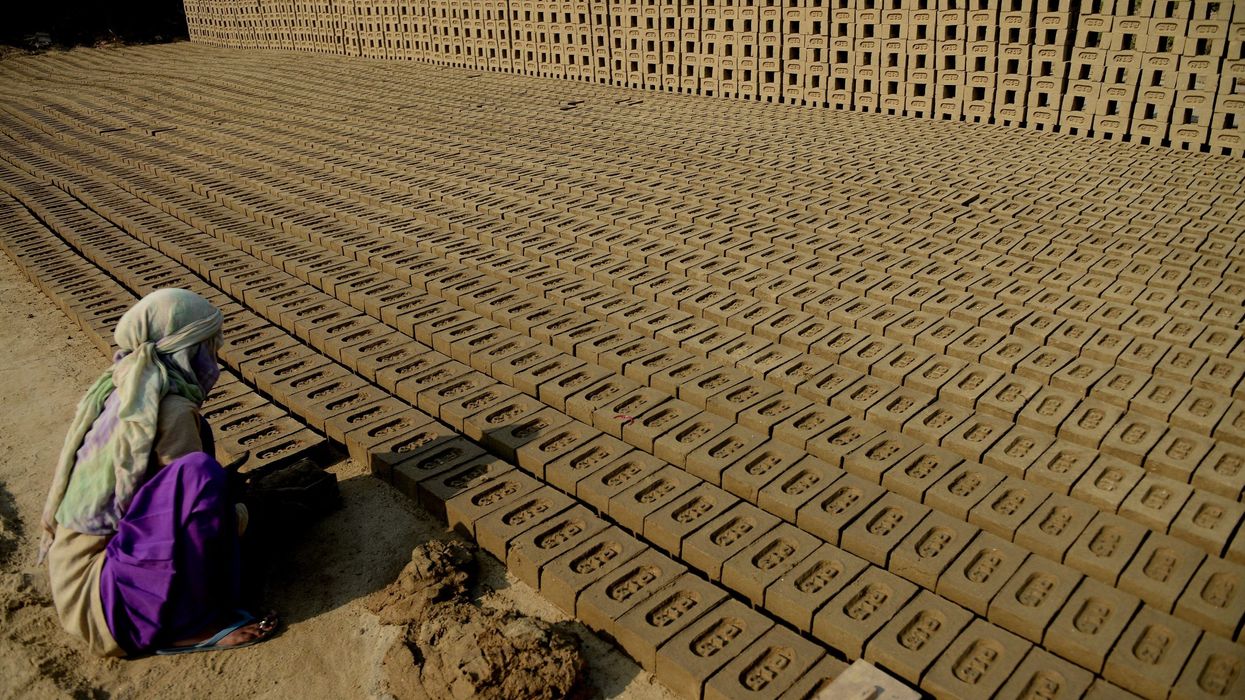A PUNISHING mix of heat and humidity that makes outdoor labour difficult and dangerous is causing around 677 billion lost working hours a year around the world, according to a new study last Thursday (13) that warns climate change is making it worse.
India currently loses around 259 billion hours annually due to the impacts of humid heat on labour, while China loses 72 billion hours and Bangladesh 32 billion hours, according to the survey.
Published in the journal Environmental Research Letters, the study looked at data on humid heat - particularly dangerous because the body is less able to cool down by sweating.
Researchers in the US said the negative effects of stifling temperatures on people doing heavy work in agriculture and construction had been underestimated and estimated the current cost at $2.1 trillion every year.
They found that between 2001 and 2020, exposure to high humidity and heat was linked to approximately 677 billion lost working hours a year in heavy outdoor labour.
"If outdoor workers are losing productivity at these lower temperature and humidity levels, then labour losses in the tropics could be as high as 500 to 600 hours per person per year, which is over twice as high as previous estimates," said lead researcher Luke Parsons, of Duke University.
Over the past four decades, as global temperatures have risen, the study found heat-related labour losses have increased by at least nine per cent.
The authors estimate that climate change is to blame for an additional 25 billion working hours lost annually in India over the past 20 years compared to the previous 20 years, and an extra four billion hours a year in China over the same period.
Parsons said other hot and humid regions such as the southeastern United States could also be experiencing "significant" labour losses as well.
"These results imply that we don't have to wait for 1.5 degrees Celsius of global warming to experience impacts of climate change on labour and the economy," he said.
"The warming we've already experienced may be associated with large-scale background labour losses. Additional future warming magnifies these impacts."
Research published last year in the journal Nature Climate Change suggested 100,000 heat-related deaths per year were caused by climate change.
Last year, the UN Intergovernmental Panel on Climate Change warned that global heating is virtually certain to pass the Paris agreement threshold of a 1.5℃ Celsius cap, probably within a decade.
The last seven years since the Paris deal was signed in 2015 have been the hottest on record.
Climate change: India 'losing 259 billion working hours annually'




